24/7 Helpline:
(866) 899-221924/7 Helpline:
(866) 899-2219
Learn more about Individual Therapy centers in Park County

Other Insurance Options

Kaiser Permanente

UMR

Access to Recovery (ATR) Voucher

Holman Group

State Farm

Choice Care Network

Anthem

Providence

EmblemHealth

CareSource

WellCare Health Plans

American Behavioral

Coventry Health Care

UnitedHealth Group

Regence

MVP Healthcare

PHCS Network

GEHA
Beacon

BlueCross

Diversus Health Bailey Counseling Center
Diversus Health Bailey Counseling Center is a private rehab located in Bailey, Colorado. Diversus He...

Diversus Health Fairplay Counseling Center
Diversus Health Fairplay Counseling Center is a private rehab located in Fairplay, Colorado. Diversu...

Johnson County Mental Health Center – Adult Detox
The Johnson County Mental Health Center Adult Detox facility in Shawnee, KS is an eight-bed unit tha...

Mirror – Shawnee Residential Treatment Program
Mirror – Shawnee Residential Treatment Program is a drug and alcohol rehab center located in Shawnee...

Department of Social and Rehabilitation
Department of Social and Rehabilitation is a private rehab located in Shawnee, Kansas. Department of...

Hallmark Rehabilitation Shawnee Gardens
Hallmark Rehabilitation Shawnee Gardens is a private rehab located in Shawnee, Kansas. Hallmark Reha...

Gateway to Prevention & Recovery
Gateway to Prevention & Recovery is a private rehab located in Shawnee, Oklahoma. Gateway to Prevent...

Citizen Potawatomi Nation Health Clinic – Behavioral Health
Citizen Potawatomi Nation Health Clinic – Behavioral Health is a public rehab located in Shawnee, Ok...

Absentee Shawnee Behavioral Health
Absentee Shawnee Behavioral Health is an outpatient facility that offers treatment for individuals w...




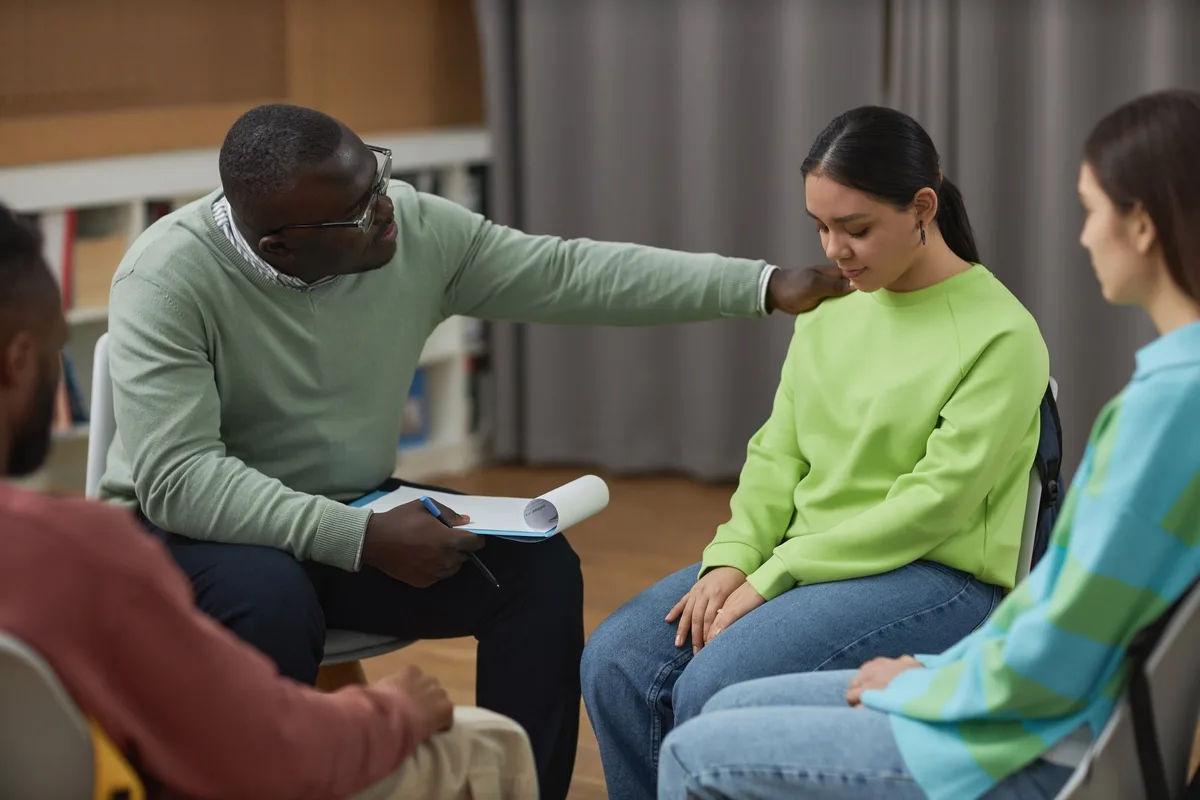



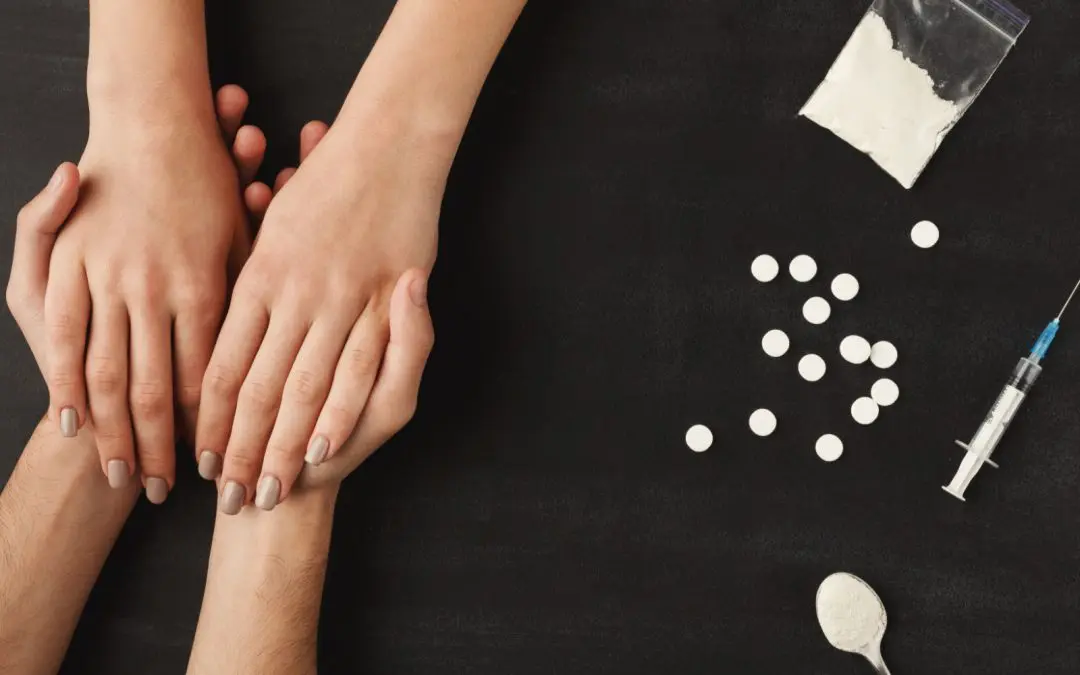







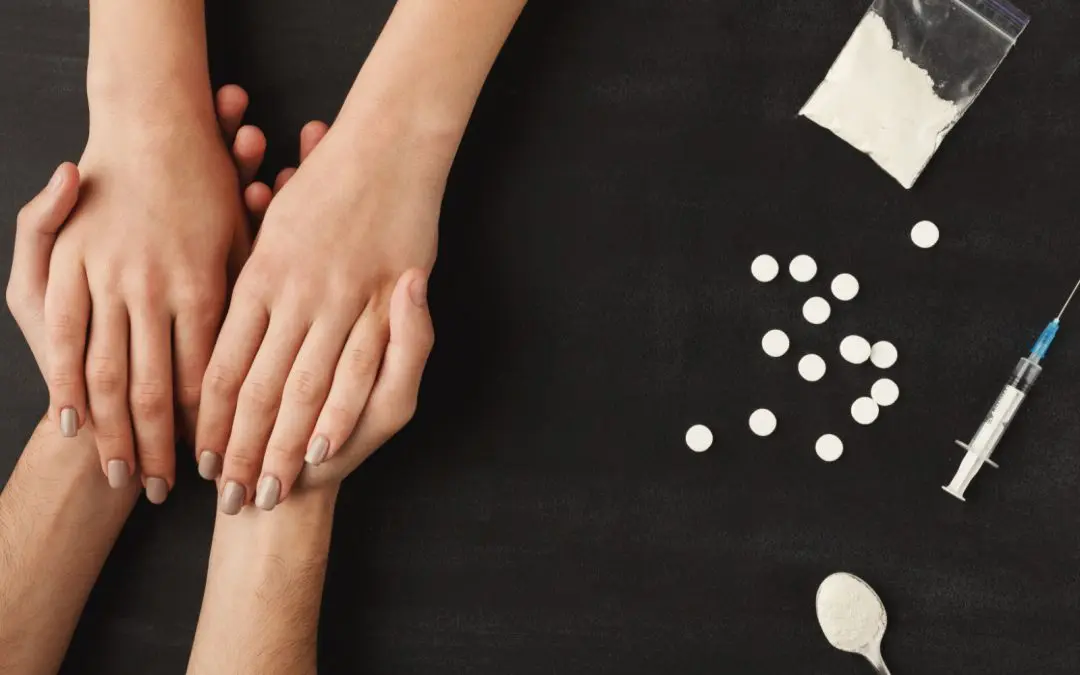

























































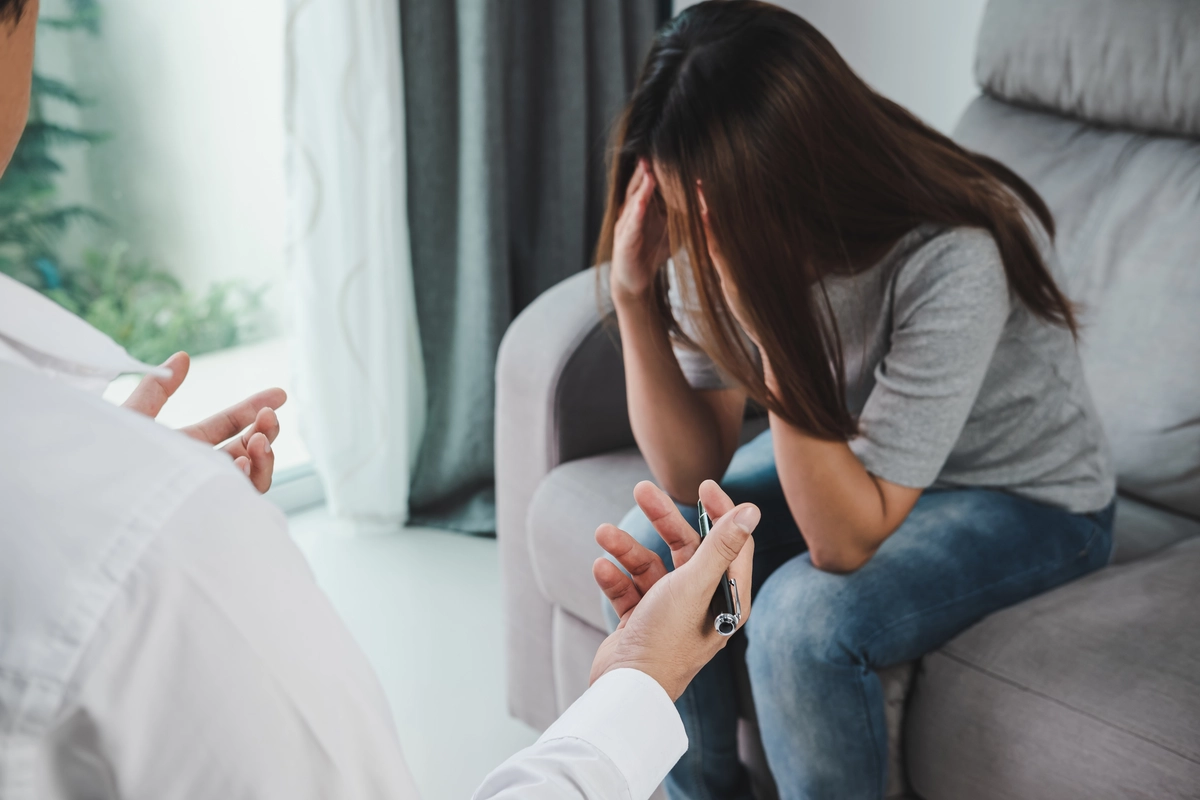



















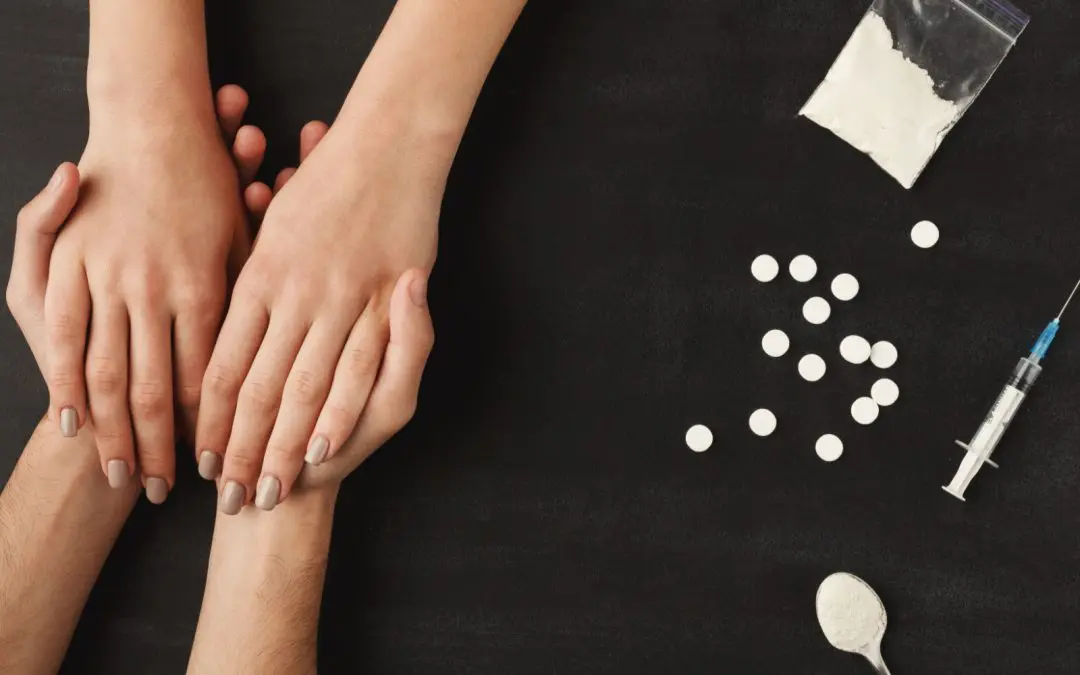




Family Integration Counseling
Family Integration Counseling is a private rehab located in Fairplay, Colorado. Family Integration C...

Kansas DUI Resource Center
Kansas DUI Resource Center is a private rehab located in Shawnee, Kansas. Kansas DUI Resource Center...

Bill’s Friends
Bill’s Friends is a private rehab located in Shawnee, Kansas. Bill’s Friends specializes in the trea...

Children’s Therapy Group
Children’s Therapy Group is a private rehab located in Shawnee, Kansas. Children’s Therapy Group spe...

Chautauqua Counseling Center
Chautauqua Counseling Center is a private rehab located in Shawnee, Kansas. Chautauqua Counseling Ce...

Phoenix Recovery Systems
Phoenix Recovery Systems is a private rehab located in Shawnee, Kansas. Phoenix Recovery Systems spe...

Challenges
Challenges is a private rehab located in Shawnee, Kansas. Challenges specializes in the treatment of...

La Salida
La Salida is a private rehab located in Shawnee, Kansas. La Salida specializes in the treatment of S...

Stebbins Charles Counslng
Stebbins Charles Counslng is a private rehab located in Shawnee, Kansas. Stebbins Charles Counslng s...

Charles Stebbins Counseling
Charles Stebbins Counseling is a private rehab located in Shawnee, Kansas. Charles Stebbins Counseli...

Chandler and Associates
Chandler and Associates is a private rehab located in Shawnee, Oklahoma. Chandler and Associates spe...

Native American Center of Recovery
Native American Center of Recovery is a private rehab located in Shawnee, Oklahoma. Native American ...




























































